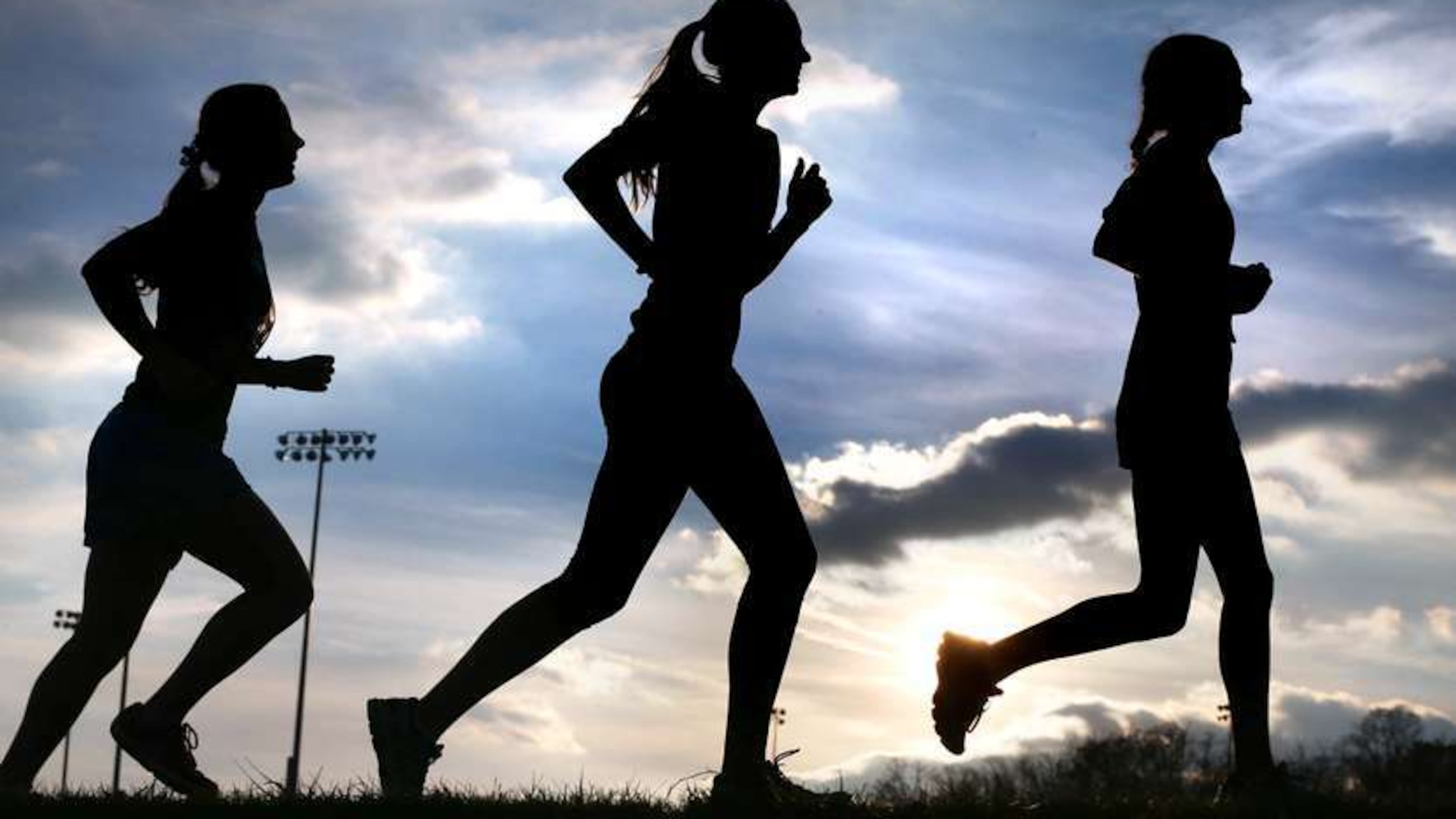Here's what not to eat before a run

Nothing kills the will to power through a workout like a stomach ache, and fueling up for a run the wrong way can affect speed and endurance in subtle ways, too. Here are three pre-workout diet mistakes to avoid for a healthy, happy run.
A huge plate of carbs
Loading up on all the pasta in sight the night before a race seems like a natural perk for long-distance runners, but just because they're burning calories doesn't mean they should eat without limits. Overloading the body on carbs can lead to digestive issues the following day that actually hinder a smooth race. The best idea is to eat until there's a feeling of fullness—no more, no less. There's no need to skip the carbs, but don't take a long run as a free pass to go crazy.
Dairy products
Just because a runner isn't lactose intolerant doesn't mean digesting the sugar in dairy is any easy task. Most people have a hard time digesting lactose, which means dairy alternatives like soy and almond milk are the best bet. But even those with stomachs of steel have good reason to hold the dairy, because it slows down the absorption of carbohydrates, depleting the body of necessary energy.
Coffee
It's easy to come away from a cup of coffee feeling ready to run a marathon. But according to WebMD, caffeine and other warm fluids can speed the flow of food through the intestines, resulting in an upset stomach or, at the very least, an inconvenient trip to the restroom.
Sodas
Runners have long been warned about the negative effect soda can have on their finishing times, and the old rule holds up. While cutting out bubbly beverages altogether may be a bit extreme, carbonated beverages stay in the stomach longer. The goal is to fill your belly with a liquid that will hydrate your muscles - not dehydrate them.

